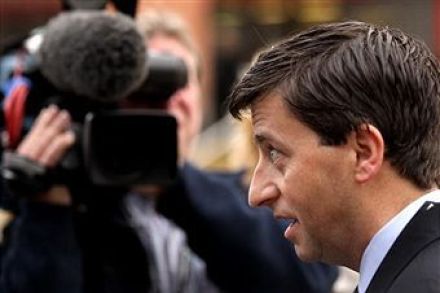Fighting back against Google
The Tory MP for Harlow, Rob Halfon, has secured an historic backbench business debate tomorrow on privacy and the internet. In my opinion, this subject is of vital importance to our public life. I attended the Backbench Business Committee with Rob as a witness to secure the debate, and invasions of privacy online are of growing concern to many of us. One centrally important aspect of this discussion (but not by any means the only issue) is the behaviour of Google with their Street View programme: as the infamous cars trundled down the highways and byways of Britain taking pictures of all and sundry, they had Wi-Fi receptors on board



















